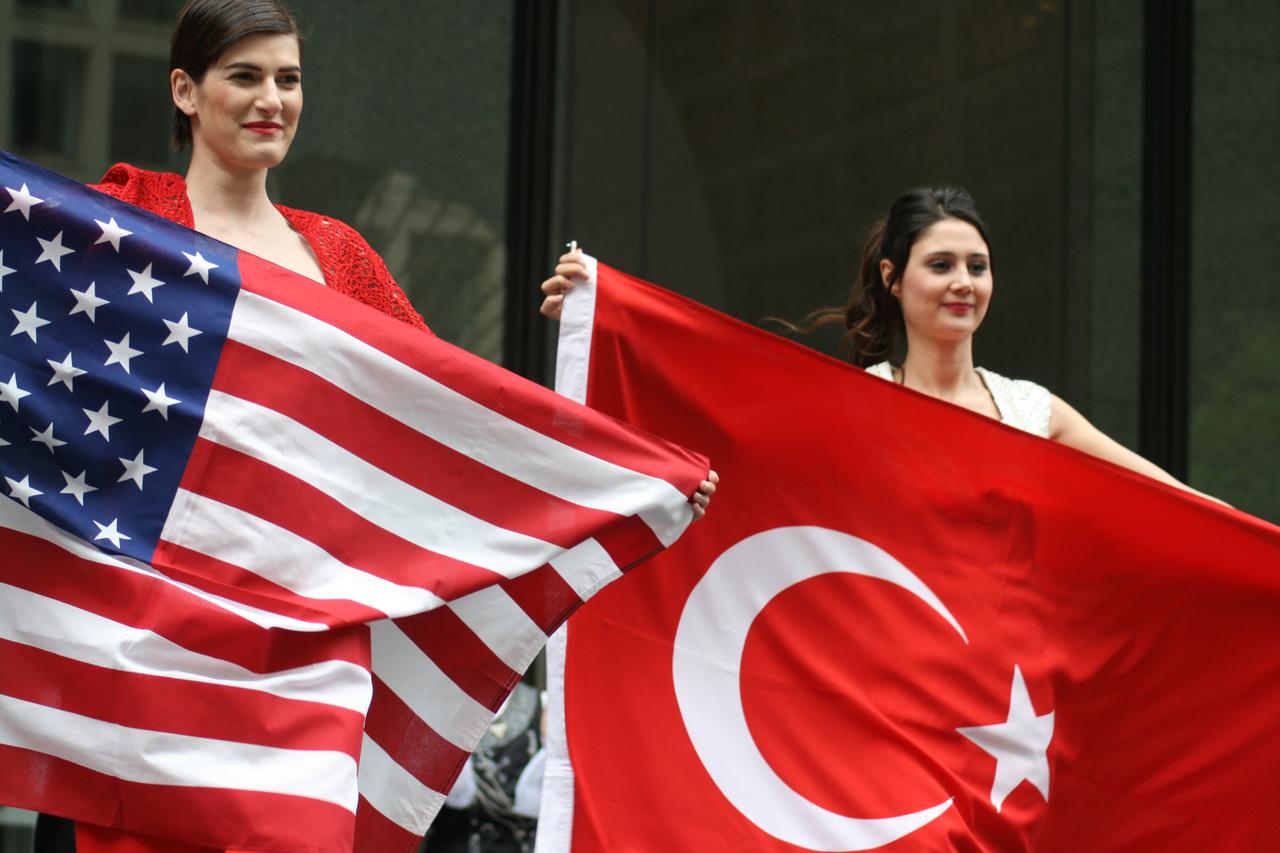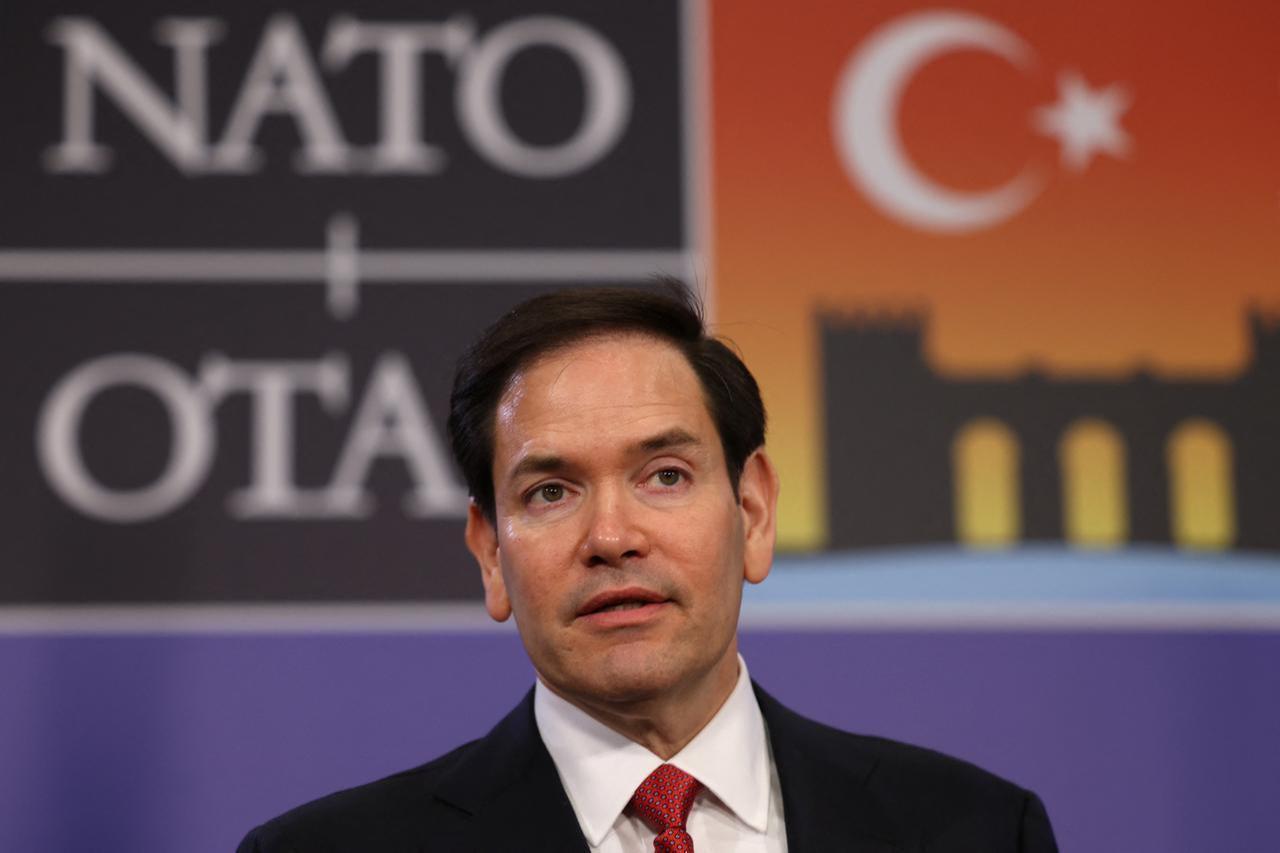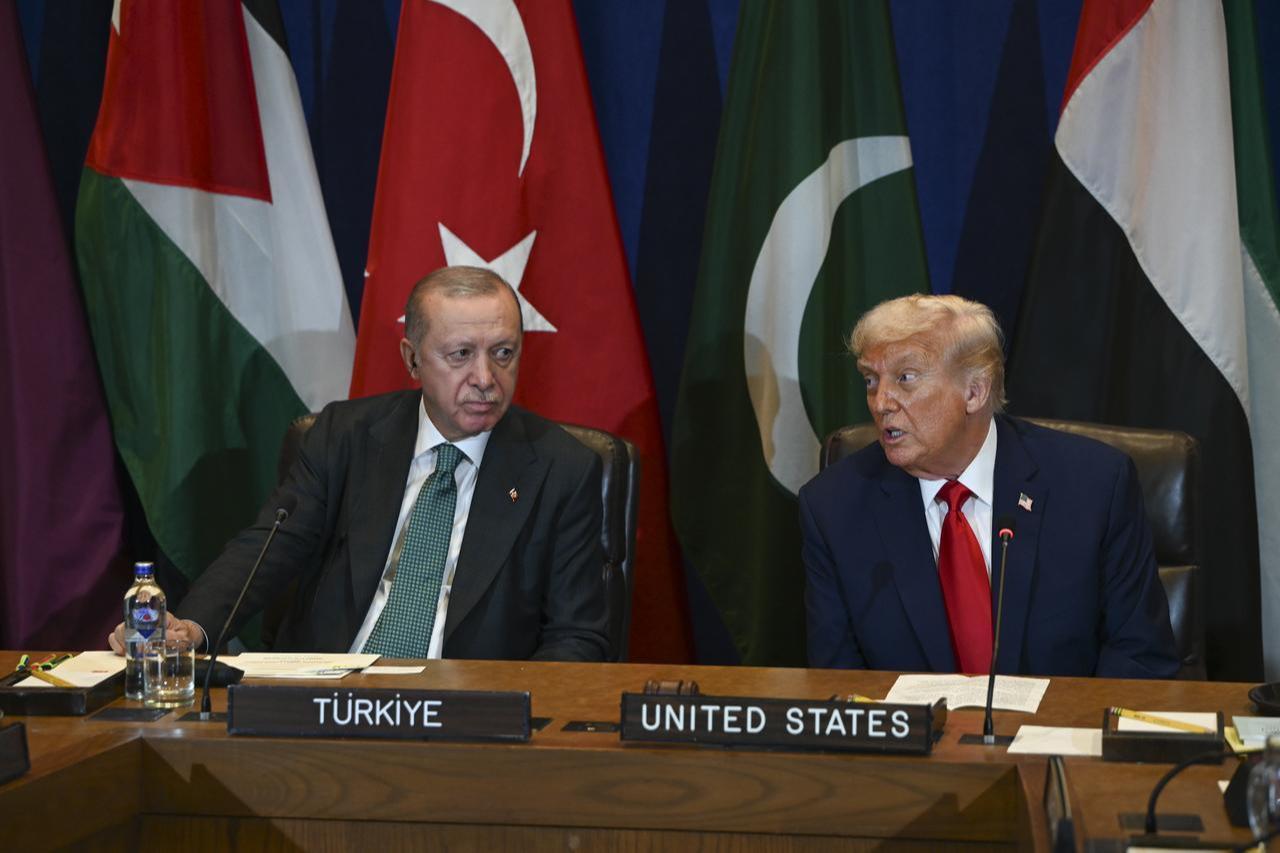
In Türkiye, anti-American sentiment has become a near-constant refrain across the political spectrum. In the United States, however, the picture looks strikingly different.
Far from the hostility that dominates Turkish discourse, American perceptions of Türkiye are more ambivalent than antagonistic—offering both a message and a measure of hope for the future of bilateral relations.
For Washington, this represents not just a data point, but a potential opening.
That opening is illuminated by a new survey conducted on August 23 with 1,000 American citizens by Behcet Yalin Ozkara, a scholar at Eskisehir Osmangazi University.
Carefully structured with control questions and incentives to ensure reliable responses, the study provides one of the clearest snapshots yet of how Americans view a country often portrayed in Washington as an unruly partner.
The findings reveal a public far less hostile than assumed, and a climate in which U.S. policymakers may find more room to maneuver than they expect.
This perception asymmetry carries significant implications for policymakers in both Washington and Ankara.
While Turkish political discourse often frames the U.S. as an unreliable partner, American public opinion appears ready for deeper cooperation—a dynamic that could provide leverage for diplomatic initiatives if properly understood and utilized.

Nearly half of American respondents (48.8%) consider Türkiye a reliable ally of the United States, while only 14% view the country as unreliable.
The remaining 37.2% expressed neutrality or uncertainty, suggesting room for positive influence rather than entrenched opposition.
This level of support provides a striking counterpoint to frequent media narratives about strained U.S.-Türkiye relations.
Despite high-profile smear campaigns and other issues, American public opinion has not turned decisively against Türkiye as a partner.
Political analysts note that such positive baseline attitudes rarely emerge by accident.
They often reflect underlying cultural, economic, or strategic connections that transcend temporary diplomatic disagreements, suggesting deeper foundations for bilateral cooperation than current policy debates might suggest.
American views on Türkiye's democratic status reveal a more complex picture.
While only 13.2% of respondents explicitly reject the notion that Türkiye is democratic, the plurality (20.4%) classify the country as having a "hybrid regime" that oscillates between democratic and authoritarian characteristics.
More concerning for Türkiye's international image, 14.8% of Americans view the country as operating under single-party rule—the second-highest response category.
This perception likely reflects international coverage of Türkiye's political centralization and restrictions on opposition activities over the past decade.
Few Americans appear ready to write off Türkiye’s democratic credentials altogether.

Perhaps the most unexpected finding concerns American perceptions of Türkiye's economic performance.
Despite domestic Turkish pessimism about economic conditions, 42% of American respondents rate Türkiye's economy as strong, compared to only 15.2% who consider it weak.
This positive economic assessment stands in notable contrast to Turkish domestic opinion, where even government supporters frequently express concerns about inflation, currency volatility, and cost-of-living pressures.
The disconnect suggests that international observers may focus on different economic indicators than domestic populations experience daily.
Meanwhile, such economic optimism among Americans could translate into business confidence and investment interest, potentially creating opportunities for expanded commercial ties despite diplomatic tensions.
Economic partnerships often provide stabilizing ballast for political relationships during turbulent periods.
On the question of influence, the U.S. public gave Türkiye a middling but significant rating. About four in ten said Türkiye matters in global politics, a quarter said it does not, and the rest stayed on the fence.
That balance captures Türkiye’s ambiguous standing. It is not perceived as a heavyweight like China, Russia, or the U.S. itself. But neither is it dismissed as irrelevant.
In American eyes, Türkiye is a middle power whose actions ripple beyond its borders, whether in NATO debates, the Middle East, or energy routes.
Türkiye's NATO membership, its role in refugee management, and its position between Russia and the West have clearly been registered with American observers.
This awareness creates a foundation for viewing Türkiye as a consequential partner rather than a peripheral ally.

The geographic distribution of American responses showed interesting patterns, with those who had previously visited Türkiye expressing notably higher levels of appreciation for the country.
Approximately 80% of Americans who viewed Türkiye positively had personal travel experience there, suggesting that direct exposure significantly improves perceptions.
This travel effect indicates that cultural exchanges, tourism promotion, and people-to-people connections could substantially enhance Türkiye's image in America.
Personal experience appears to overcome negative media narratives and create lasting positive impressions.

Perceptions of President Recep Tayyip Erdogan were surprisingly balanced.
Roughly one in three called him a successful leader, while only one in six disagreed. The rest withheld judgment.
That ambivalence mirrors global reactions to Erdogan himself: critics denounce his strongman style, but even they acknowledge his ability to dominate Turkish politics for more than two decades.
For many Americans, endurance in power is itself a marker of success, whether admired or not.
Interestingly, more knowledgeable American respondents were more likely to acknowledge Erdogan's political skills, regardless of their agreement with his policies.
Age emerged as the strongest demographic predictor of attitudes toward Türkiye, with younger Americans consistently expressing more positive views across economic, democratic, and strategic assessments.
This generational divide suggests that Türkiye's American image may improve over time as younger cohorts become more influential in policymaking.

If Türkiye’s economy looks stronger from afar, its cultural identity appears less contested—at least for Americans. Nearly half of the respondents categorized Türkiye as part of the Middle East.
Only about one in four saw it as European, and the rest scattered across labels such as Mediterranean, Balkan, or Asian.
However, the substantial European identification suggests that many Americans do recognize Türkiye's Western institutional ties and cultural connections.
The survey revealed a consistent pattern: Americans with greater knowledge about Türkiye held more positive views across multiple dimensions.
This knowledge-positivity correlation suggests that negative American perceptions of Türkiye stem partly from information gaps rather than fundamental hostility.
Professional and educational exchanges, academic partnerships, and cultural programming could leverage this knowledge effect to build stronger American constituencies for Turkish interests.